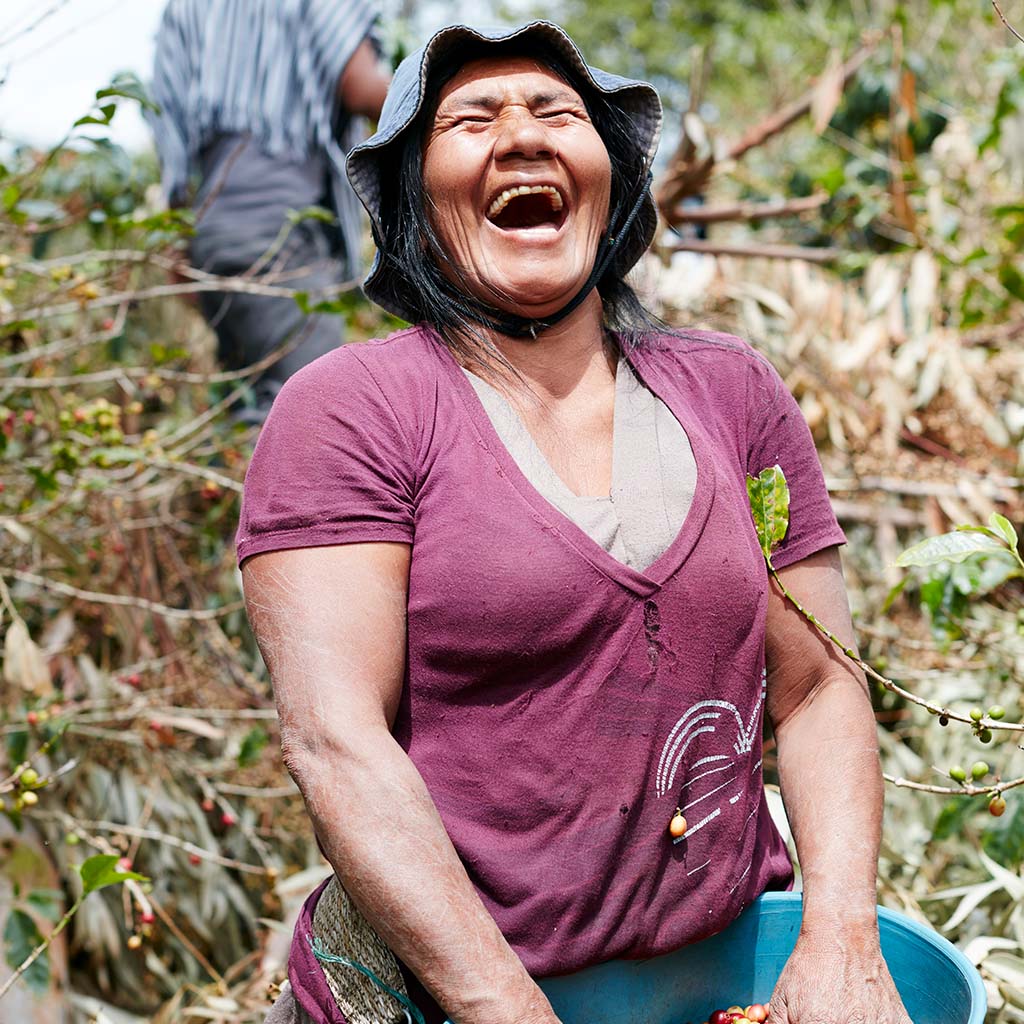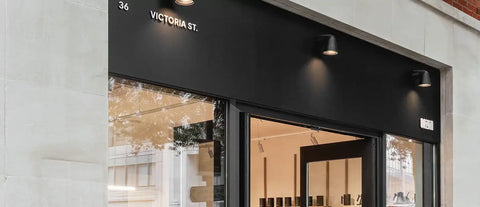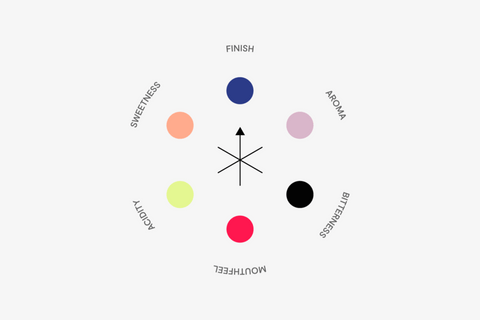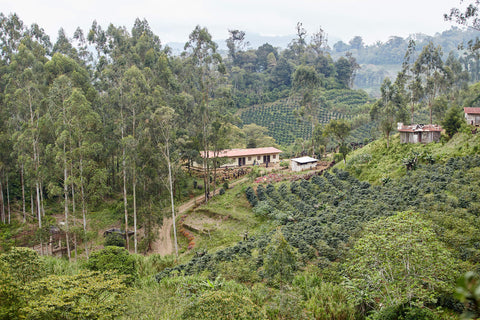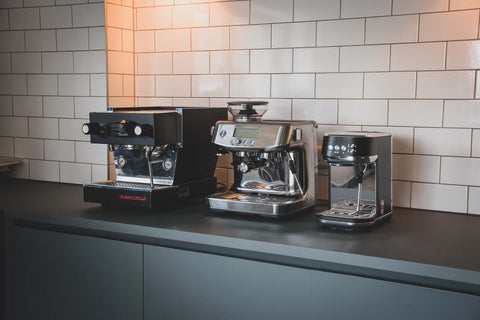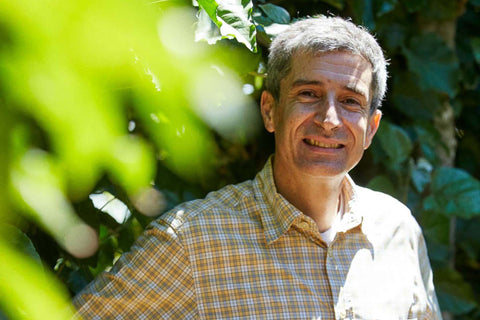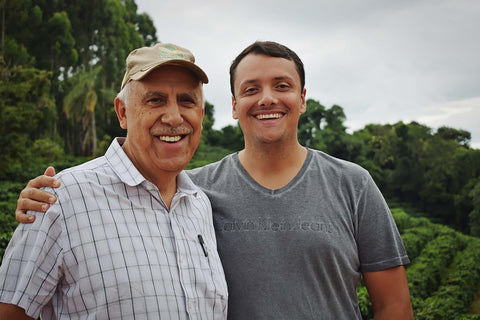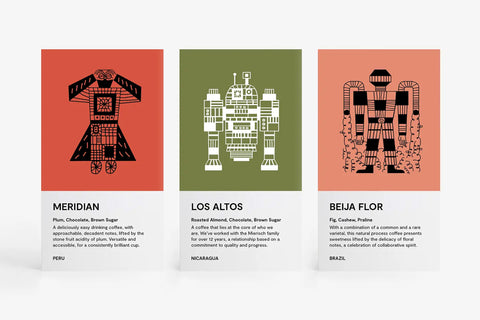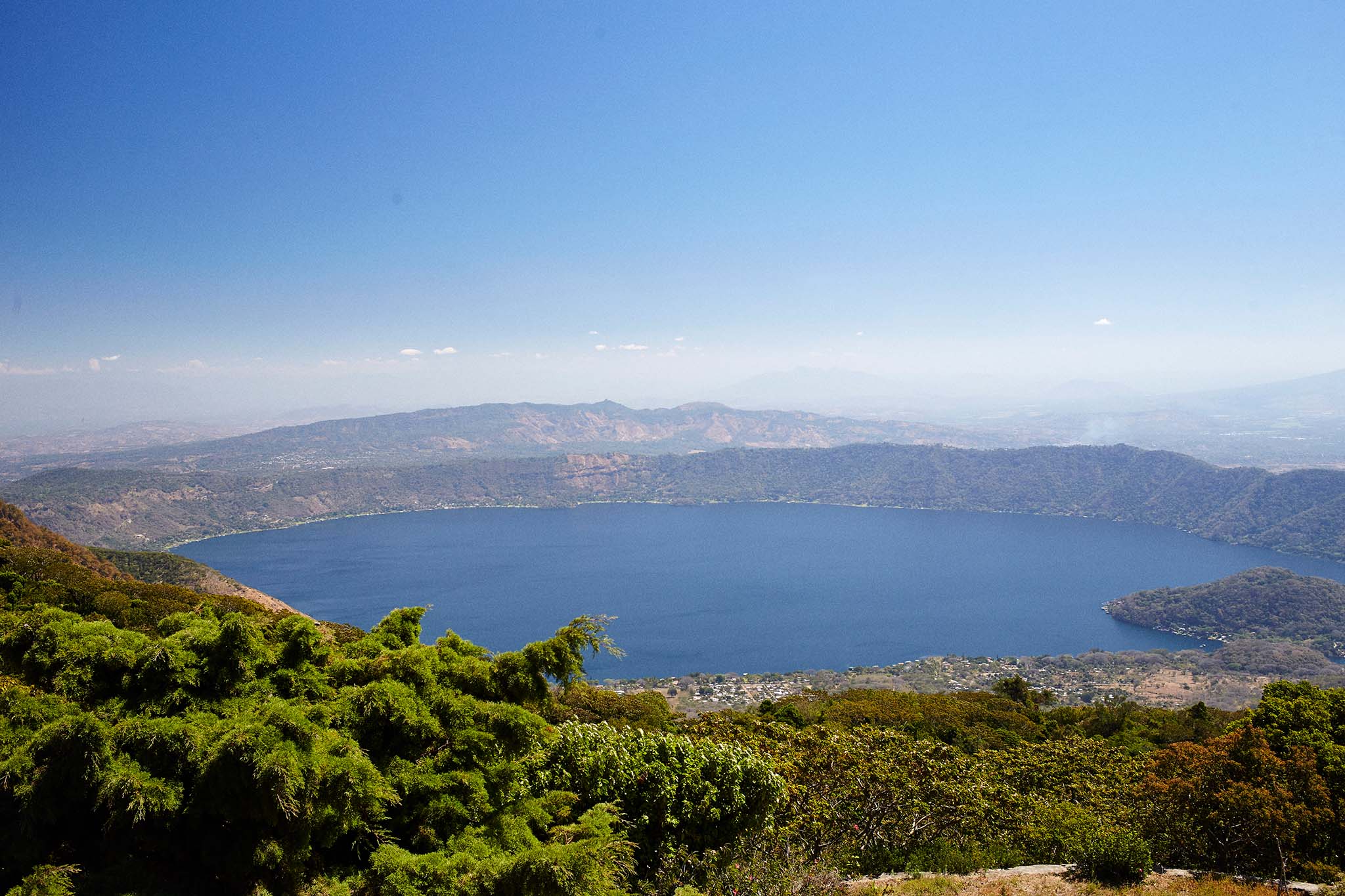
Direct Trade
Complexities of Direct Trade
Ask anyone – especially those in the business of speciality coffee – to give you a definition of what Direct Trade means, and you’ll be met with a broad range of opinions. Simply put, there’s no black and white answer.
In some countries, with challenging business infrastructures in place, it isn’t always possible to work directly with the producer. Where Direct Trade is feasible, conditions and obstacles throughout the supply chain mean that, ultimately, there’s no singular approach. As a result, the definition varies from roaster to roaster, producer to producer, country to country.
This is why we’ve developed our own definition of Direct Trade. Whether we’re working with producers in Brazil, or El Salvador, we ensure we operate in a clear and sustainable manner that’s fair for all, levelling out one of the most complex and grey areas in a globally challenging industry.
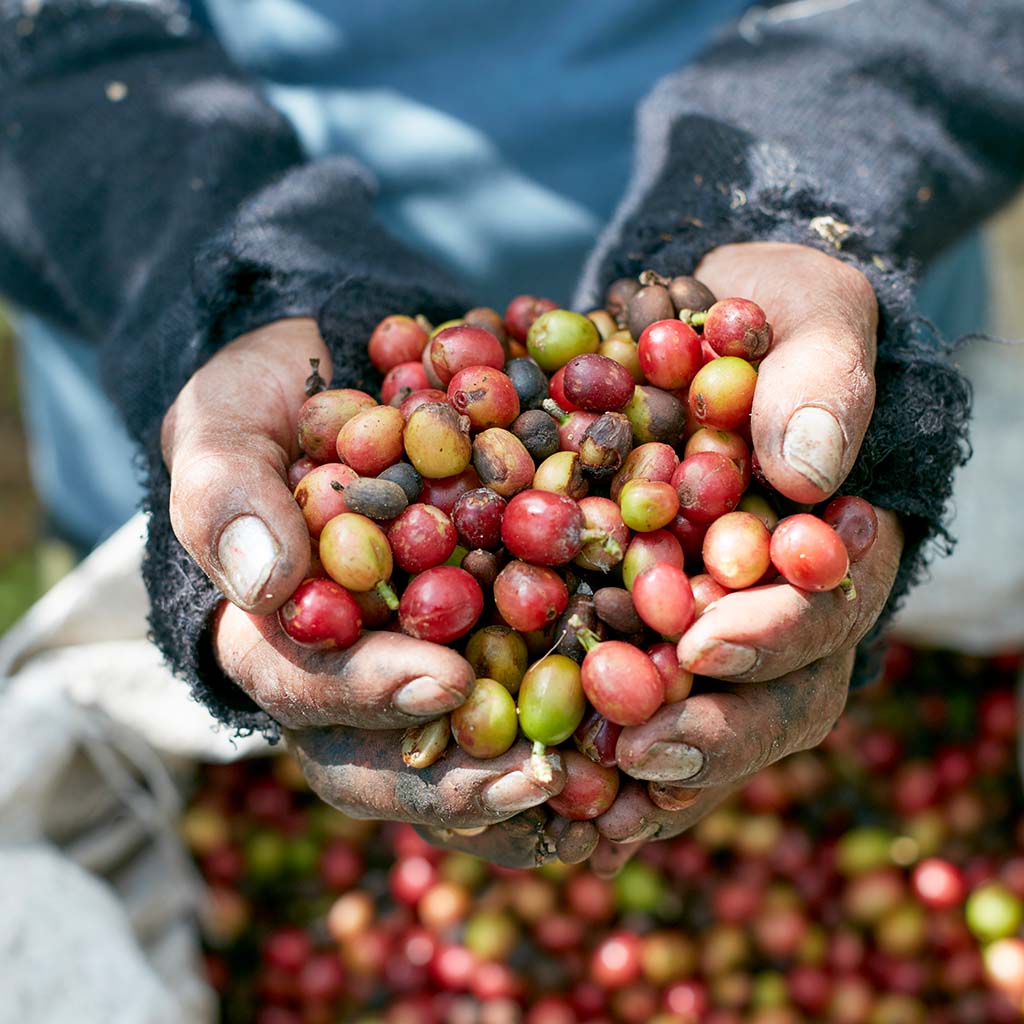
Our Definition of Direct Trade
-
Direct Trade pinpoints the price, contract, and relationship that the roaster and producer directly agree and commit to. Both parties share mutual interest, supporting a long-term, sustainable business model that benefits all.
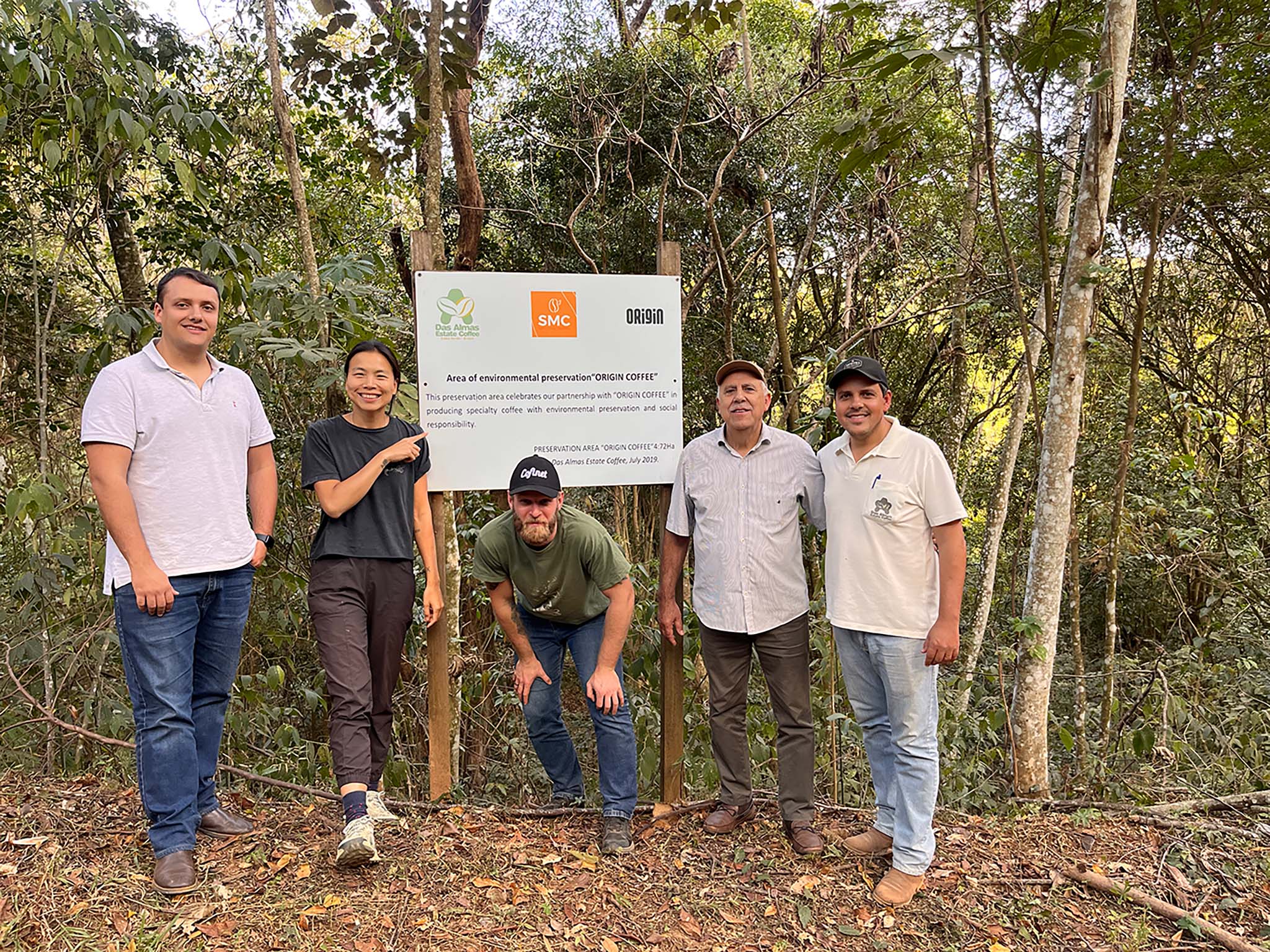
Price
Paying fairly is an integral part of our Direct Trade business model. While the price of coffee fluctuates based on supply and demand – directly influenced by uncontrollable factors such as weather, and political instability – we can provide certainty for the producer, setting a price that is always above Fairtrade and C market prices.
The coffee commodity market (C market) sets the price benchmark for certain coffee producing countries yet provides no guarantee of income for the producer due to variable market conditions; the price fluctuates much the way the stock market does. Conversely, Fairtrade FoB pricing has a minimum set price of $1.40. This means that producers are guaranteed to receive this price, as long as they are certified. It’s a safety net. Alongside this, if the C market price ever rises above the benchmark of $1.40, the Fairtrade price matches it.
Our approach is to always pay over the Fairtrade and C market price, without fail. By agreeing upon the price directly with the producer, we ensure we understand and meet the needs of the farm and workers, supporting their development and future plans. Being honest and fair about pricing might seem obvious, but in a global industry where each country has their own economical scale, culture, production structure, and supply chain, a fair and mutual price agreement makes a big difference.
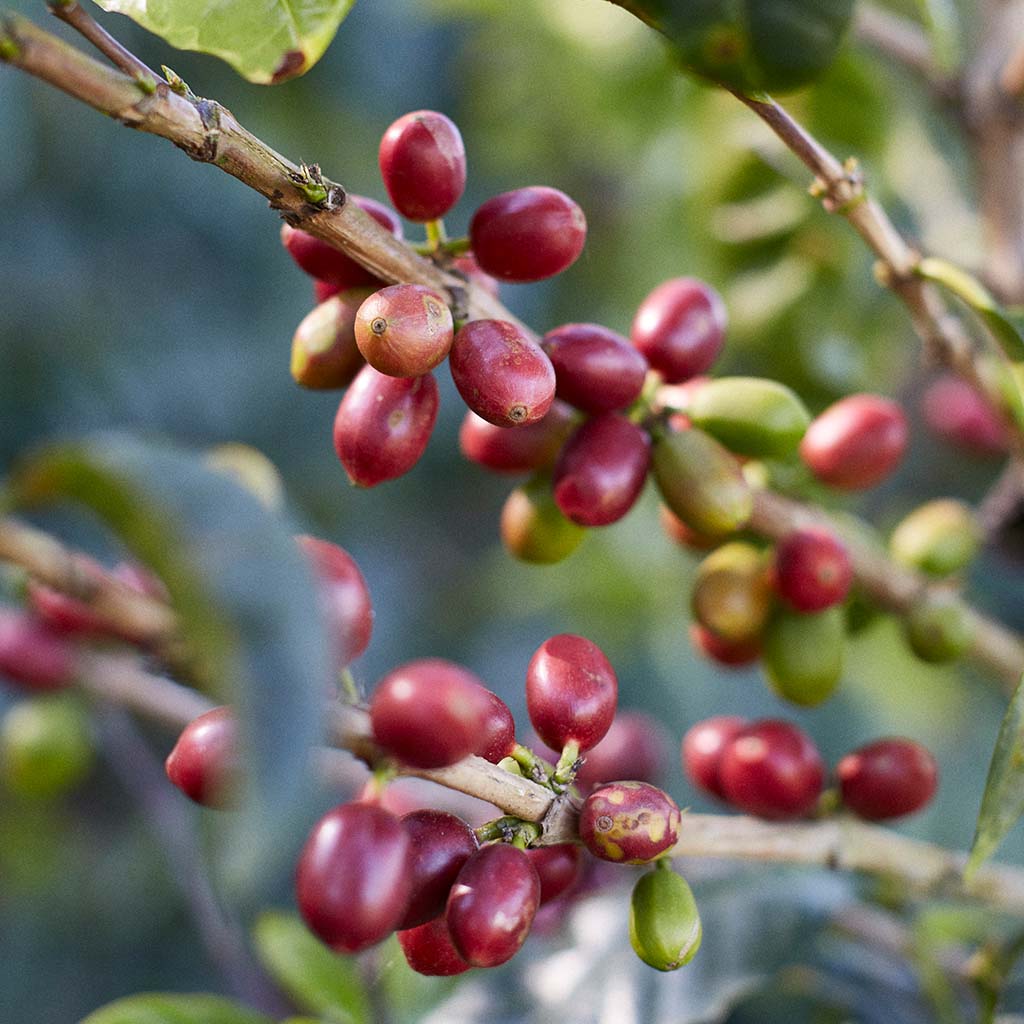
Contract
From the outset, we commit to work fairly, agreeing upon the price directly with the producer, which is then followed through in the form of a contract, which is always honoured. We’re providing security, ensuring that the producers are able to show contractual proof for pre-finance agreements. For many producers, pre-financing is common. Just as a mortgage in principle from a bank provides a guarantee between the lender and buyer, we’re providing a secure way for producers to take their business further.
By mutually agreeing upon a price and contract directly with the producer, we’re investing in the development of their farm, and the future of speciality coffee.
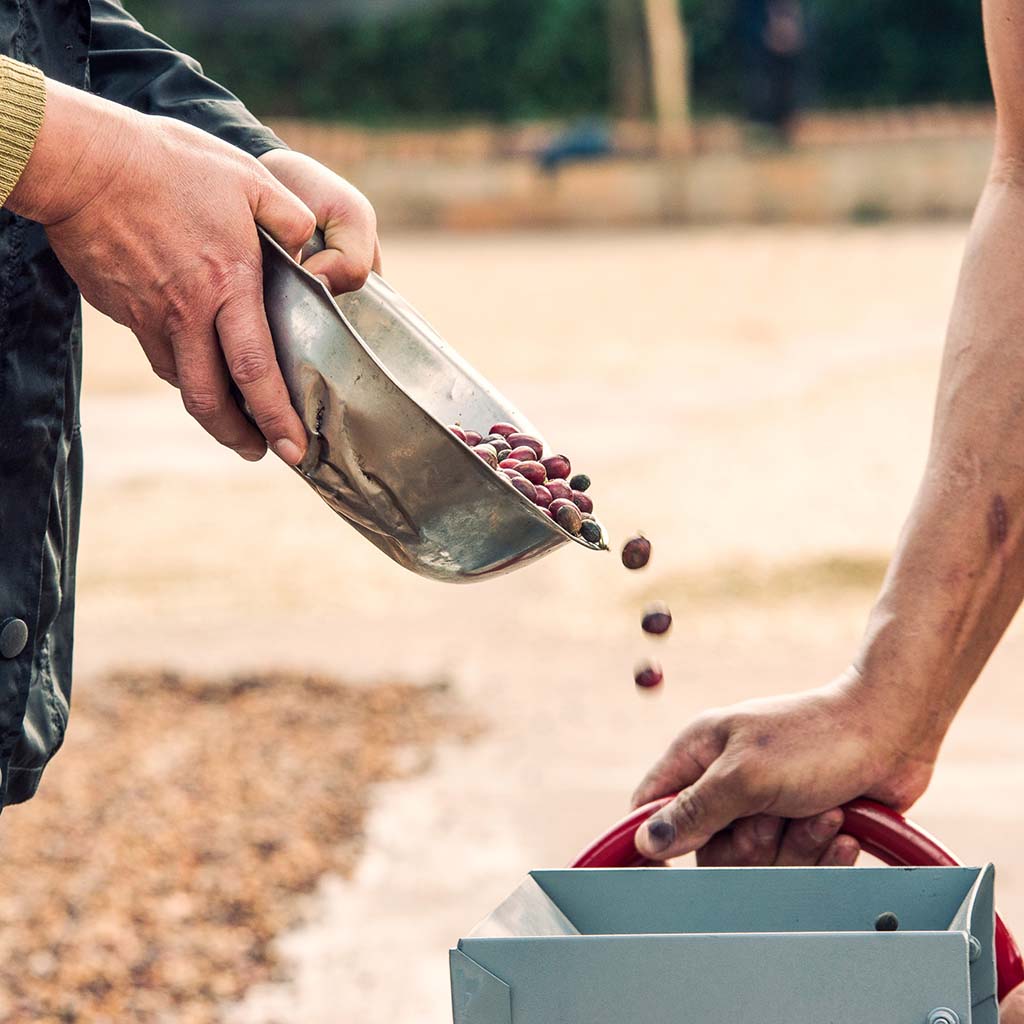
Relationship
For a fair Direct Trade business model to work, partnerships built on mutual trust, respect, and understanding, are key. Relationships ensure we understand the terroir, the coffee, the challenges, and vision of the producers, encouraging experimentation and supporting quality. This is why we visit the farms at least once every two years in order to nurture every relationship, honouring the benefits of open communication and a shared commitment to pursue coffee excellence.
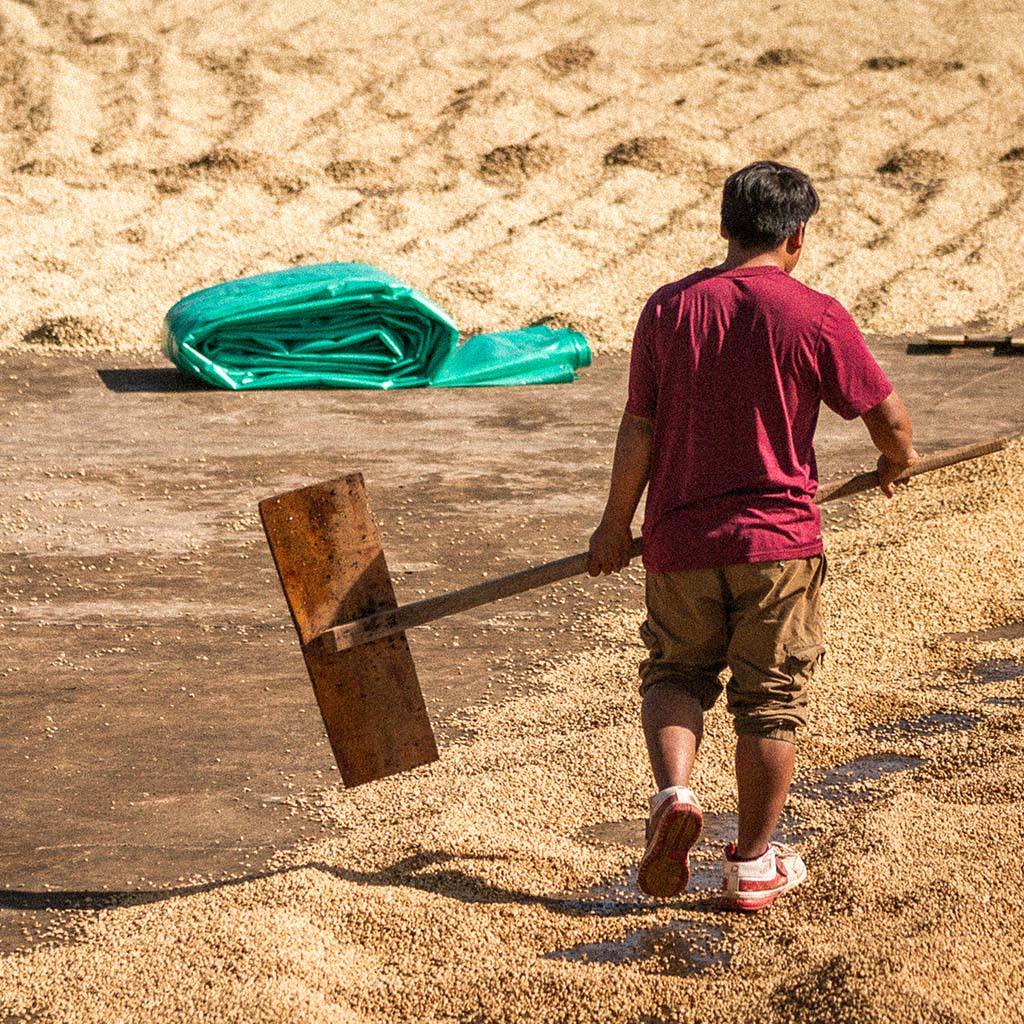
When Direct Trade isn’t Possible
Where direct relationships with the producers aren’t possible, we work with a number of trusted exporters in Colombia, Brazil, Peru, and East Africa who help us source coffee from local producers, most of whom are small farmholders. And while each country and exporter works differently, the consistent measure for each is that the price remains above the C market and Fairtrade pricing points.
These exporters provide services such as pre and post harvest agronomic courses for producers, quality control, transport from rural areas to the warehouse or milling facilities, and through customs procedures. Each step of the journey results in additional costs that ultimately reflect in the end price.
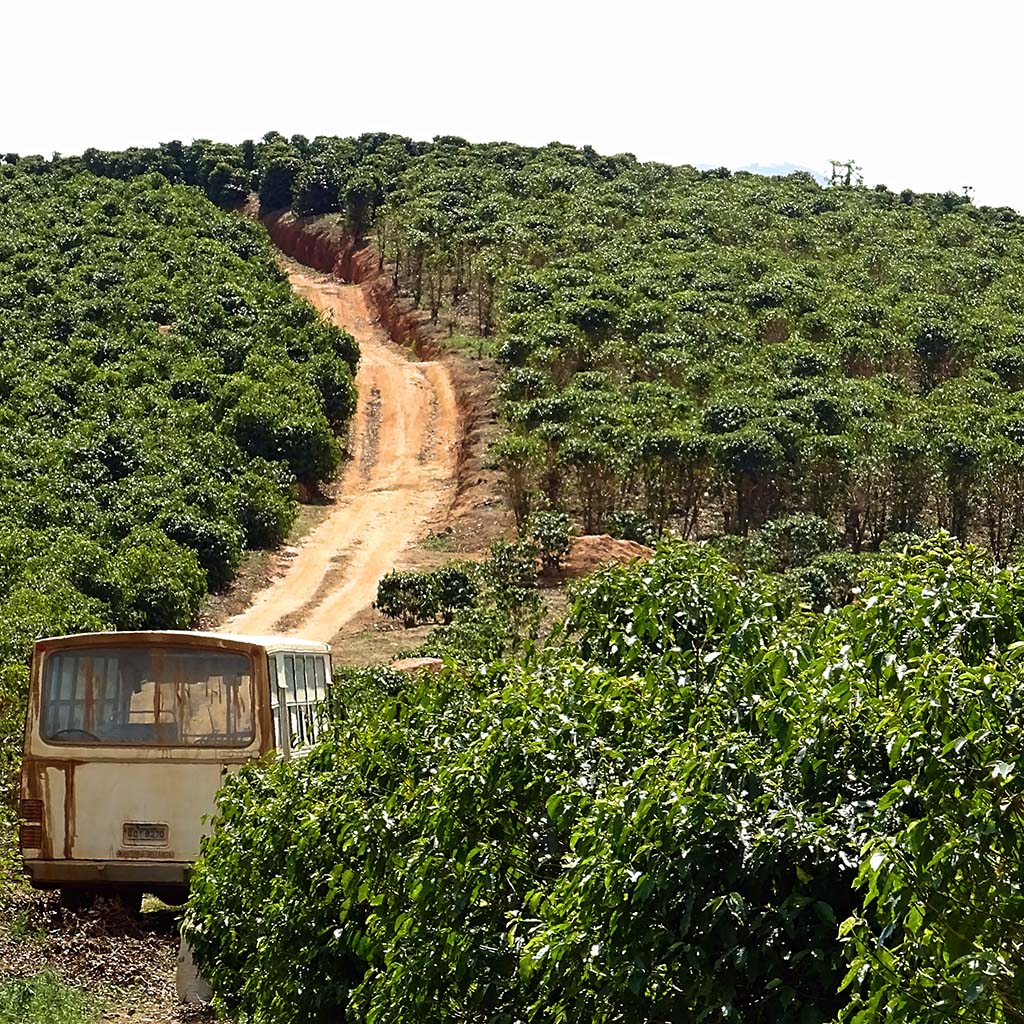
Full Traceability
Direct Trade with a transparent approach means breaking down the jargon and talking openly about the money, the supply chain, the whole journey: it’s a bumpy ride, but if we can share the complexities and successes in a direct manner, then we believe you’ll join us on the road.
In the beginning, we had to rely on telling our story as clearly as possible, hoping that our customers would trust us. This all changed with the B Corp certification. We’re held fully accountable for our actions, and we know that you recognise your own accountability as a responsible and conscientious consumer. We don’t expect you to stop reading here, or to simply accept our definition of Direct Trade as the finish line of your understanding.
Here, you’ll always find further reading that provides full transparency and traceability, pointing back to the many facets and challenges of Direct Trade and how we work through each.
